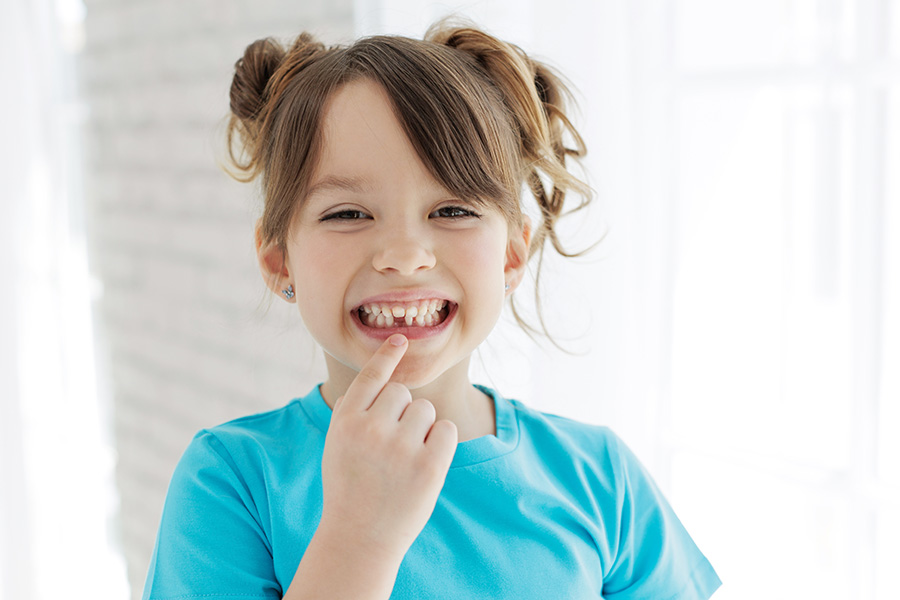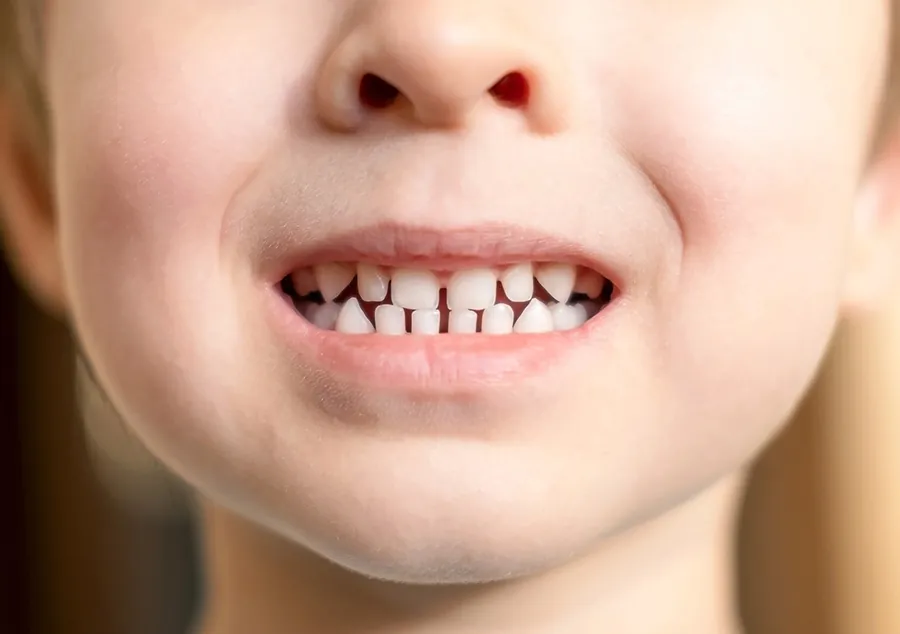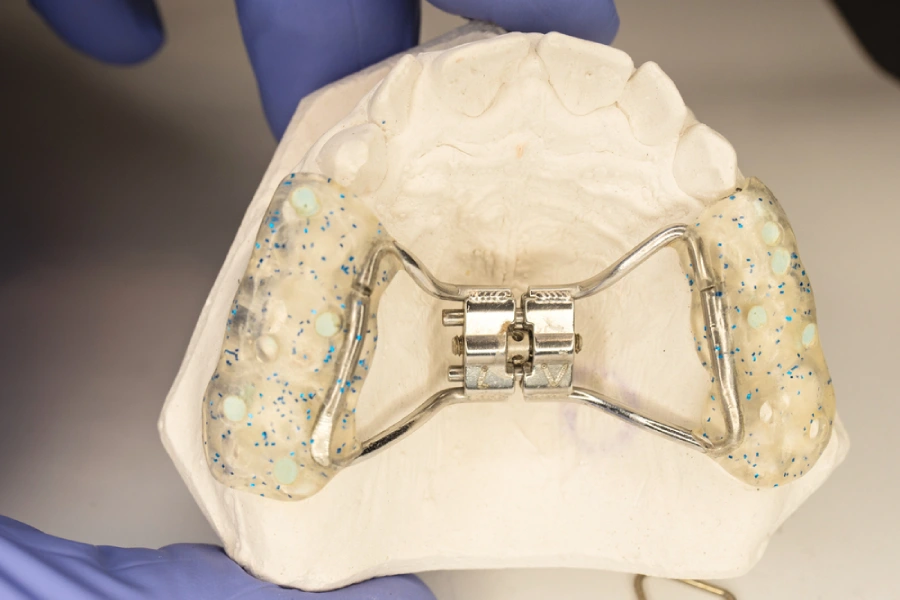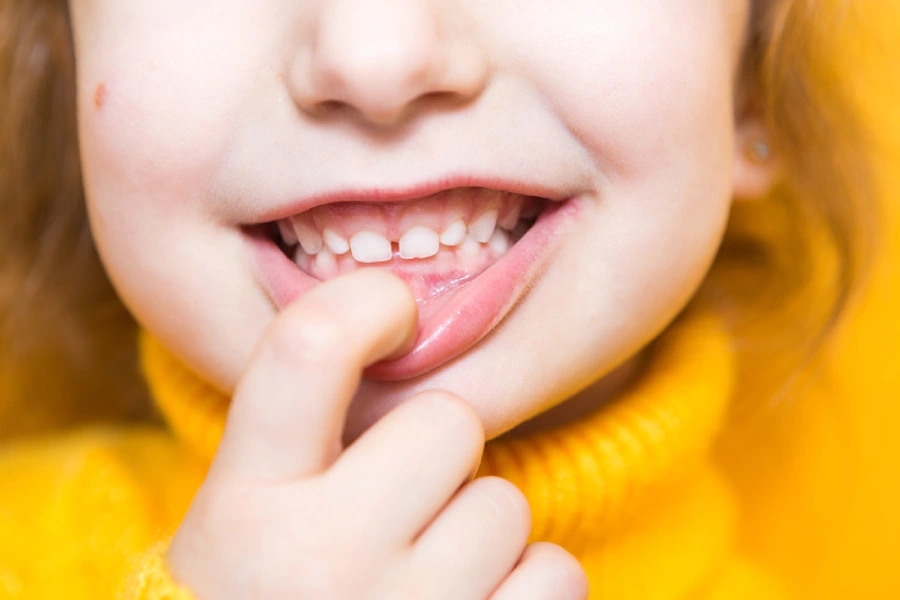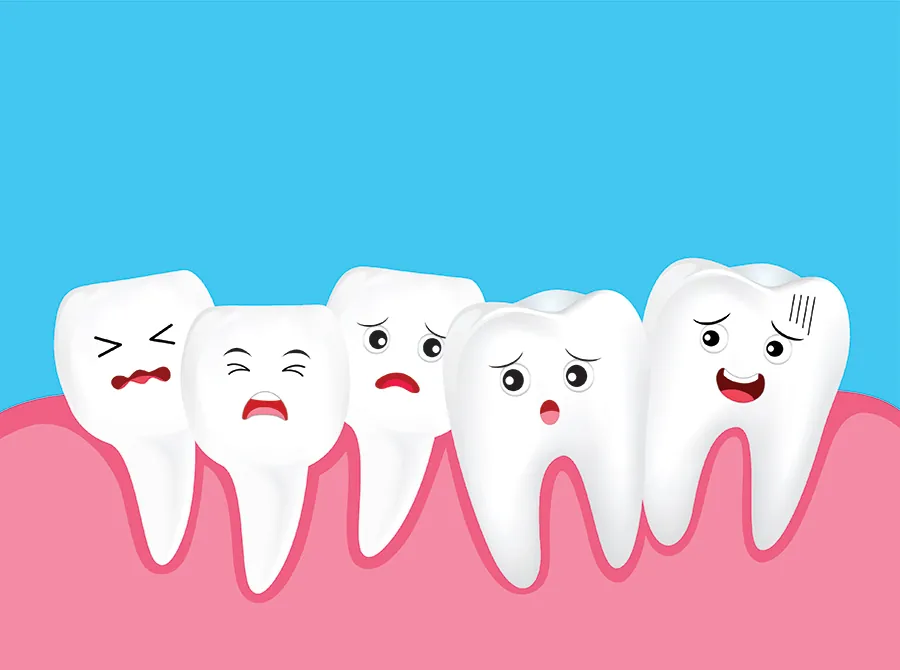Primary teeth—also called baby teeth or deciduous teeth—might be small, but they are a big deal. These little teeth play an essential role in your child’s development and set the stage for a healthy, happy smile. Let’s dive into what primary teeth are, why they matter, and how to care for them.
What Are Primary Teeth?
Primary teeth are the first set of teeth that grow in a child’s mouth. These little teeth are an essential part of the primary teeth dentition, helping young children eat, speak, and smile confidently.
So, how many primary teeth do humans have? The answer is 20! These include:
- Incisors: The flat teeth at the front of the mouth used for biting into food.
- Canine teeth: The pointed teeth next to the incisors, perfect for tearing food.
- Molars: The big, flat teeth in the back of the mouth that help grind food.
By the time your child is about three years old, they will have their complete set of primary teeth.
Why Are Primary Teeth Important?
While primary teeth eventually fall out, they’re crucial for your child’s growth and overall health. Here’s why:
1. Chewing and Digestion
Primary teeth make eating possible. Without them, kids can’t chew food properly, which is necessary for healthy digestion. Imagine trying to eat an apple with no teeth—it’s not easy!
2. Speech Development
Teeth aren’t just for eating; they also help young children form sounds and speak clearly. Primary teeth provide structure to the jaw and help with pronunciation.
3. Guiding Permanent Teeth
Primary teeth act as placeholders for the adult permanent tooth that will grow in later. Without them, permanent teeth might grow in crooked or crowded.
4. Healthy Habits Start Early
Learning to keep primary teeth brushed and flossed teaches children good oral hygiene habits. These habits will last a lifetime!
Why Are Primary Teeth Whiter Than Permanent Teeth?
If you’ve noticed that your child’s smile is brighter than yours, you’re not imagining things. Why are primary teeth whiter than permanent teeth? The answer lies in their enamel.
Primary teeth have thinner enamel than permanent teeth, making them appear whiter. However, this thin enamel also makes them more vulnerable to cavities, so regular dental checkups are crucial.
When Do Primary Teeth Start and Fall Out?
Teeth starting is an exciting milestone for babies and parents alike! Most children get their first tooth around six months old, and all 20 primary teeth typically erupt by age three.
But what age do primary teeth fall out? Children usually lose their baby teeth starting at age six. The process often begins with the lower front teeth and continues until age 12 when the molars fall out.
Fun Fact: The Tooth Fairy’s Role in Losing Baby Teeth
Losing a baby tooth can feel bittersweet for kids—it’s exciting, but sometimes a little scary. This is where the tooth fairy works her magic! By making the experience fun and rewarding, the tooth fairy helps kids embrace this big milestone with excitement.
Caring for Your Child’s Primary Teeth
Taking care of primary teeth is vital, even though they’re not permanent. According to the American Dental Association (ADA), cavities in baby teeth or deciduous teeth can lead to pain, infections, and even problems with the underlying permanent teeth.
Here’s how to keep those little pearly whites healthy:
- Brush and Floss Daily: Start brushing your child’s teeth as soon as the first one appears. By age two, you can introduce a tiny amount of fluoride toothpaste. Don’t forget to floss once two teeth touch!
- Visit a Pediatric Dentist Regularly: Routine dental visits are key. Pediatric dentistry focuses on the unique needs of young children.
- Limit Sugary Snacks and Drinks: Sugar is a major cause of cavities in primary teeth. Encourage healthy snacks like fruits and vegetables instead.
- Encourage Water Over Juice: Water helps wash away food particles and bacteria.
Why Are Primary Teeth Overlooked?
Sometimes, parents don’t realize how important primary teeth are because they’re temporary. But here’s the truth: unhealthy primary teeth dentition can lead to problems with eating, speaking, and even self-confidence.
Decayed baby teeth fall earlier than they should, which can cause the permanent tooth underneath to come in out of place. This might result in the need for braces or other orthodontic treatments down the road.
Common Questions About Primary Teeth
Here are some answers to questions parents often ask about primary teeth:
- What age do primary teeth fall out? Most children start losing their primary teeth around age six, and the process continues until about age 12.
- Why are primary teeth whiter than permanent teeth? Primary teeth have thinner enamel, which makes them appear whiter but also more prone to decay.
Making Primary Teeth a Priority
At The Super Dentists, we believe that every child deserves a healthy, happy smile. By teaching your kids the importance of taking care of their primary teeth, you’re setting them up for a lifetime of oral health.
From keeping their teeth brushed and flossed to regular visits with a pediatric dentistry professional, every little step helps. And don’t forget to make the experience fun—whether it’s a visit from the tooth fairy or celebrating when they lose their baby teeth, these moments can create positive memories around dental care.
The Bottom Line
Primary teeth might be temporary, but their impact is permanent. They help kids eat, speak, and smile while also paving the way for healthy permanent teeth. Taking care of them early on ensures that your child’s mouth stays healthy and strong.
So, the next time your child loses a baby tooth, celebrate the milestone! After all, these little teeth are the foundation of a lifetime of healthy smiles.
For expert advice and care, schedule a visit with The Super Dentists. We’ll help make your child’s dental journey fun, exciting, and tooth fairy-approved!

